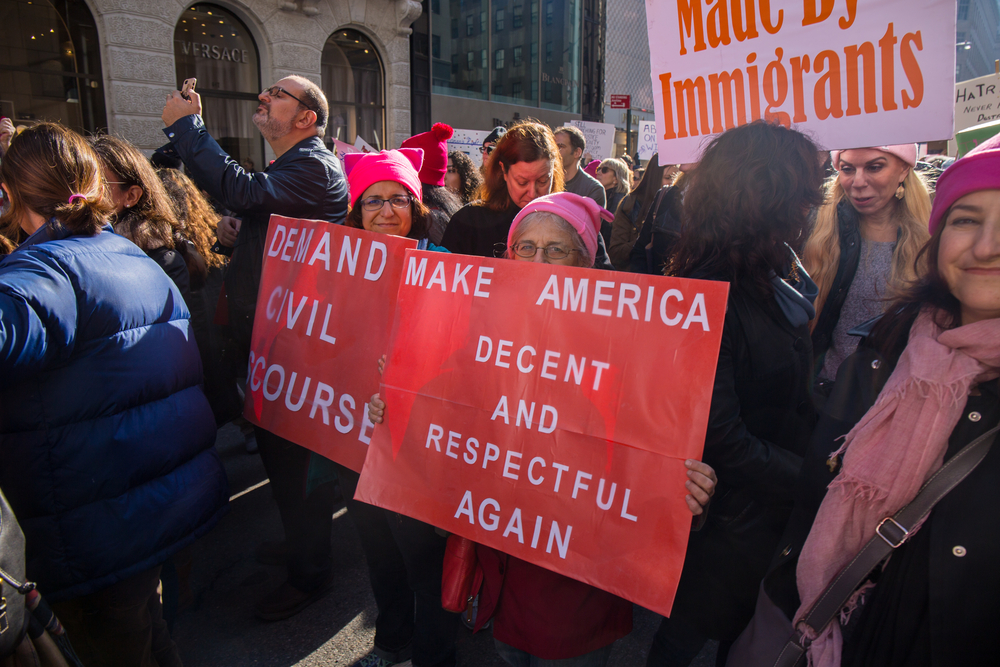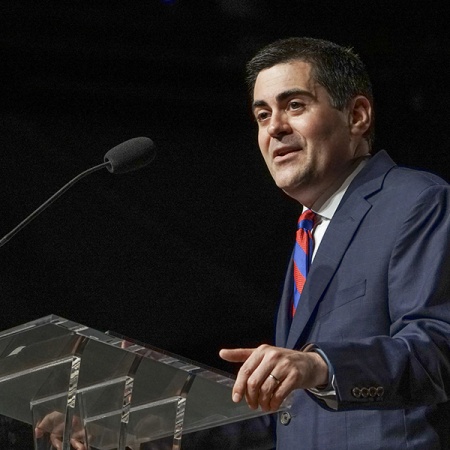Kamala Surayya (1934- 2009)
By Nilofar Suhrawardy, MMNS India Correspondent
NEW DELHI: With a hypersensitive and emotional spirit, reflected in her words – written as well as spoken – Kamala Surayya always moved on, stepping into controversial zones through her creative work and also her life-style. Ironically, her being a trendsetter is also marked by the homage paid to her and the funeral services held in her memory. She is one of the few Indian celebrities, who have been accorded state-level funeral services even though at the time of their death, they did not hold any high political or any authoritative post necessitating the same. Kamala, the well-known litterateur and poet, breathed her last in Pune (May 31), in a city hospital, where she had been admitted on April 18. Her body was brought to her native region, Thiruvananthapuram, Kerala on Monday. The body was interred with state honors at the graveyard of Palayal Masjid, where it was laid to rest (June 2). The funeral prayers were led by chief cleric of Palayal Masjid.
Expressing grief at Kamala’s demise, in his message, Prime Minister Manmohan Singh said that her poems “focusing on womanhood and feminism gained her recognition as one of the most noted modern Indian writers.â€
Kamala had decided to leave Kerala and stay in Pune around two years ago. She had said then: “Enough is enough. Kerala has become an inhospitable place. I can’t live here anymore. I am getting raunchy mails and obscene calls. Everything is being criticised. Even fellow writers are not on my side. Maybe because I don’t have power through politics. Maybe, because I don’t have the influence.†On whether, the discomfort she faced had anything to do her with her converting to Islam, Kamala replied: “No. It has nothing to do with that. The truth is Kerala can’t stand ‘brainy women.’ They expect women to be behind closed doors. Their roles are predefined. They don’t want women to explore.†She converted to Islam in 1999, at the age of 65, a little after passing away of her husband. Earlier known as Kamala Das, after conversion, she started using the name Kamala Surayya.
So Kamala left Kerala, with practically no intention of ever returning back. As she then said: “I don’t have anything left there. No sentiments. I am leaving everything behind- furniture and all my books. I am not taking anything. I have had enough of Kerala culture. I want to be at peace with myself.†Kamala also felt sad that the state she belonged to had not given her due recognition. It is, however, claimed that practical sense prompted Kamala to move out of Kerela and live with her youngest son in Pune. She had accepted the hard reality that because of failing health she couldn’t live alone anymore in her flat in Kochi. She longed to finally return to Kerala. During the last couple of months, Kerala Minister for Culture M.A. Baby visited the ailing Kamala twice. He is understood to have offered to make arrangements for a state funeral, befitting her stature, in her home state Kerala, where she really wanted to be laid to rest.
Kamala was born on March 31, 1934 in Punnayurkulam in Kerala, in a conservative Hindu family. Her father V.M. Nair, a leading executive, later became managing editor of the widely-circulated Malayalam daily Mathrubhumi. While her mother Balamaniyamma was a noted poet, her great uncle Nalapat Narayana Menon was a literary stalwart of the time. Influenced by her mother and great-uncle, Kamala took to writing from an early age. She was married at a young age (13) to Madhava Das, 15 years older than her. The couple had three sons.
Kamala began writing professionally after becoming a mother, with her kitchen table serving as her writing area after the housework was taken care of. “There was only the kitchen table where I would cut vegetables, and after all the plates and things were cleared, I would sit there and start typing. That was my work area,†she said in an interview in 1996.
Among her most notable works is her autobiography, My Story (1976) which has been published in more than 15 languages. Other popular English works of Kamala include Asian Poetry Prize winner- The Sirens (1964) and Kent’s Award winner – Summer in Calcutta (1965). Her last published work in English is a collection of poems- Yaa Allah (2001). Kamala’s Malayayam works, for which used the penname Madhavikuttii, include short stories- Pakshiyude Manam (1964), Vayalar Award winner, novel Neermathalam Pootha Kalam (1994), poetry- Only the Soul Knows How to Sing (1996) and short stories – Nashtapetta Neelambari (1998).
She has earned laurels as well as criticism for her writings, viewed by “liberal†by some and “amoral†by others for their projection of women. In Kamala’s opinion, Indian women were suppressed and exploited. She wanted them to liberate themselves from age-old prejudices, which led to their sufferings.
Kamala ventured into the political arena for a little while and also directed her creativity to painting for some time. She floated Lok Seva Party to promote social and humanitarian work. She, however, failed to win Lok Sabha in 1984. But the lady moved on, creating waves through her pen. Her achievements and life extended beyond the pen, as she said: “I wanted to fill my life with as many experiences as I can manage to garner because I do not believe that one can get born again.†And so she did. Kamala Surayya is no more, but with her writings, she has joined the immortals.
11-24













2009
1,480 views
views
0
comments